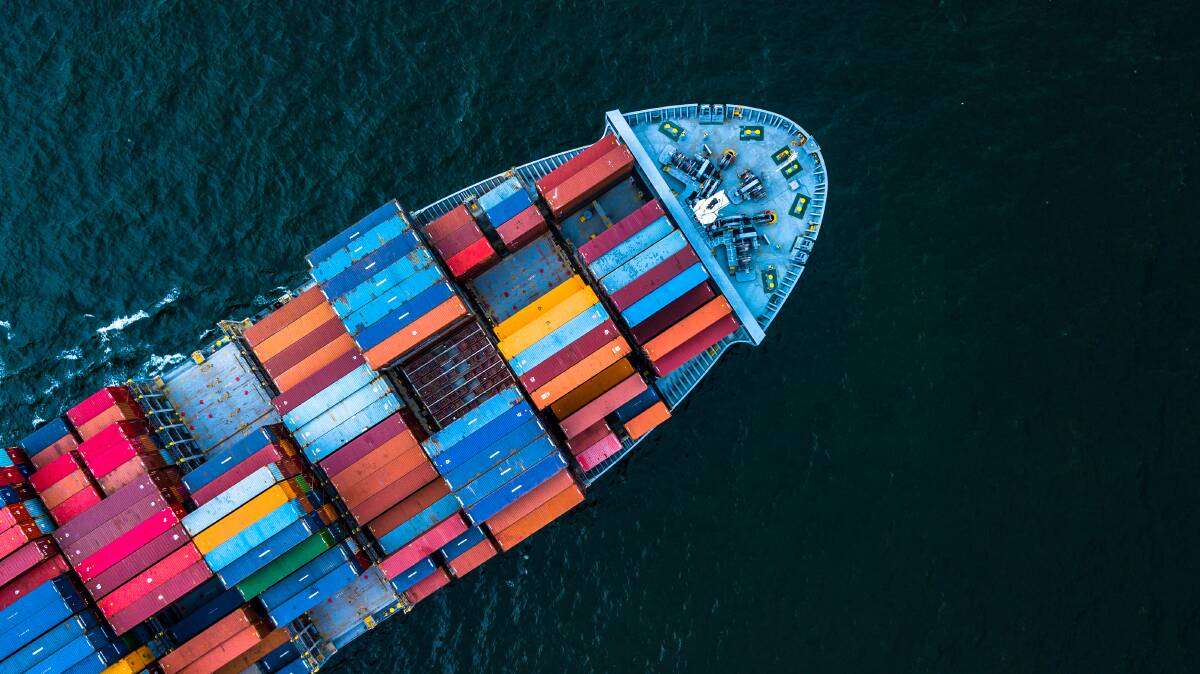
Another day, another Chinese trade sanction. With mundane regularity, the Chinese government has spent the year progressively erecting barriers to Australian exporters.
Subscribe now for unlimited access.
or signup to continue reading
The scale of China's trade sanctions has steadily expanded. Since May, some kind of threat or restriction has been applied to 13 different Australian products. The affected industries exported $52 billion to China in 2019, a serious economic blow coming atop the dislocations of COVID.
Many commentators have laid the blame at the feet of the Australian government. China has been provoked, the argument goes, by intemperate language in our recent diplomatic representations. Whether on foreign interference, the COVID pandemic, Hong Kong, or many other issues besides, we have communicated concerns in a manner disrespectful to the Chinese government.
These critics suggest the solution lies in taking a more "nuanced" approach. If we communicate our concerns using more respectful language, we can avoid causing the upset that has led to trade penalties.
And a carefully-hedged mea culpa is now required from Australia to "reset" the relationship and get things back on track. However, viewing the dispute as simply about language or respect fails to recognise the deliberate political logic behind China's sanctions.
China has a long and widely-known record of using trade sanctions as a diplomatic punishment. By threatening access to its vast domestic market, it tries to dissuade foreign governments from criticising its behaviour both at home and abroad.
In the past decade, seven other countries - Japan, Norway, the Philippines, Mongolia, Taiwan, Korea and Canada - have suffered such sanctions. Norway was punished for a decision made by the Nobel Committee, a body completely independent of the Norwegian government. In Taiwan's case, its sole "offence" was to democratically elect Tsai Ing-wen as president in 2016.
As a victim of Chinese trade coercion, Australia finds itself in surprisingly good company.
These trade sanctions seek to do two things. Domestically, they cause pain to targeted parts of the business sector, so that companies will lobby the government to soften its foreign policy toward China. They specifically target industries with high exposure to the Chinese market - such as barley and wine - in the expectation they will complain the loudest.
As one farmer recently put it to me, the tactic is to "squeeze a piglet, make it squeal, then the big sow comes running".
But the squeals have fallen on deaf ears in Canberra. With each Chinese sanction, our newspapers have filled with stories of affected businesses fearful of their future. Yet the Australian government has refused to bite, and simply sought dialogue on the issues in question. These overtures for dialogue have been ignored.
Australia's stoic resistance explains why a Chinese foreign ministry spokesperson posted a repugnant fake image to social media last month. Having consistently failed to get a response with trade sanctions, China is now desperately seeking a rise from Australia by any means. It should be treated with the contempt it deserves.
But equally important is the international logic of Chinese trade sanctions. They also send a message to third parties that criticising certain types of behaviour will be met with trade punishment. Other countries with sizeable trade ties to China are watching Australia's experience and taking notes.
The international logic helps explain the recently-leaked list of China's "14 grievances" with Australia. China has no expectation that we will change any of these things. We certainly are not compromising on our parliamentary system, or the freedom of the press.
Rather, the 14 points are intended as a warning list for other countries: Do one of these things, and you'll soon find yourself in Australia's position. Countries whose economies are dependent on exports to China will think twice regarding their position on issues such as Hong Kong or the South China Sea.
But even this gambit is backfiring. Since the grievances list was published, messaging in support of Australia's position have been forthcoming from the European Union, United States, United Kingdom and Japan. While some countries might be scared off, others are coming to Australia's aid.
READ MORE:
This aid will be a critical for the World Trade Organisation dispute that the Australian government has raised against China's barley tariffs. In the WTO system, third parties can "amicus" in support of a complainant's position. In Geneva, we will be challenging China's actions with powerful friends in our corner.
Fundamentally, the Chinese government is upset at what Australia is saying, not how it is being said. Australia's best prospect now is to cultivate support from like-minded friends, and have our day in court at the WTO.
- Dr Jeffrey Wilson is research director at the Perth USAsia Centre.

